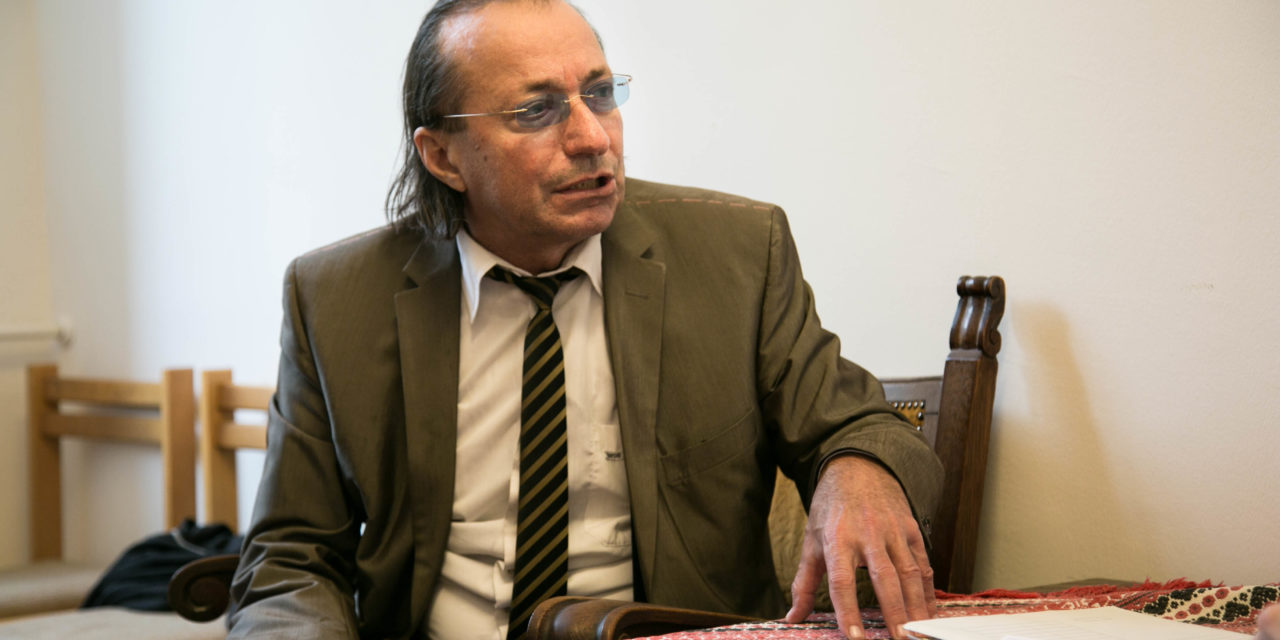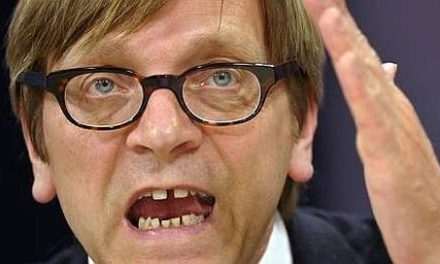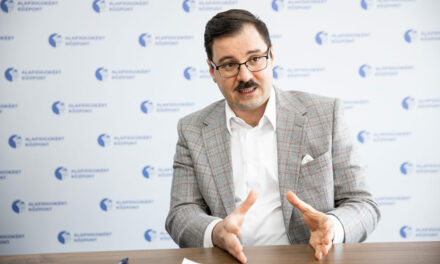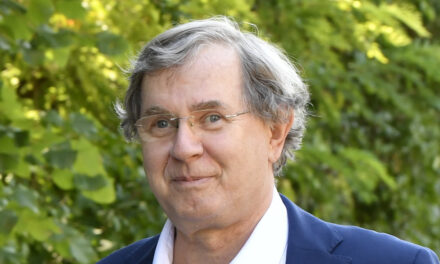The feeling remained here that no one needs us as we really are. Many, many people have played themselves because of this. They met expectations. They lied and cheated. However, it soon became clear that the expectations are contagious, destructive, and pushing towards new gaps.
About thirty-one years ago, the last occupying soldier left the country. He half-heartedly said goodbye, walked a little - as if he just wanted to walk in the fresh early summer weather - and then got into a black Volga and sped off to the great Soviet Union. The sound of the many stones that fell from the hearts of millions of Hungarians could hardly be heard. Who called the soldier, who sent him, is now forgotten.
By that time, things had already been decided, even the Soviet Union itself was falling apart, essentially it had ceased to exist. To the day, exactly two months after the departure of the lieutenant general, the coup organized by the KGB in Moscow upset the mood. Many people felt the importance of the June 19 event then. They sighed heavily: It's good that they are no longer here! It may have been a sign of fate that St. II was in Hungary during the days of the Moscow coup. Pope János Pál, and that is why his words had a shocking effect: "Do not be afraid!" And we weren't afraid.
The coup failed, and in the following months the Warsaw Pact, the Council for Mutual Economic Assistance, and even the Soviet Union itself were dissolved. South of our borders, the ongoing South Slavic war, which led to the disintegration of Yugoslavia, raged. The eaves of Czechoslovakia also creaked. German unity was born, but its serious consequences for the German people were not even visible. Behind the scenes, the construction of the new - now without the Soviet Union - unipolar world order was going on at full steam, which paradoxically also led to the intellectual and spiritual transformation of unified Germany.
Nation, culture, religion, family, tradition, I almost said: to give up the future. This, however, has already spread to the whole of Europe. In the accelerated world, a small number of people was enough to complete almost irreversible processes. The emphasis is on "almost". The freedom of the human spirit - the product of which is culture, the nation, the dream - cannot be defeated, just like the blessings of creation - faith, love, religion, family - cannot be defeated. Not only are God's ways inscrutable, but so are those of man's creation. It goes astray, becomes enlightened, dulls, invigorates.
Little was said about these events in those days. The main topic was József Torgyán's public involvement. Will he take over the envelope, will he be elected president, will the small farmer party fall apart? Who did he meet, what did he say, what did he do. At least this much was said, written, and pondered about Árpád Göncz: does he appoint the vice-presidents of TV and radio or not? What trick does he resort to, so that the national side does not gain any influence. Who is he anyway? Then there was "Kónya–Pető". Does anyone still remember the debate between Imre Kónya and Iván Pető? If there weren't a thousand articles written about it, then it didn't exist. And the Democratic Charter! That's it! Konrád and the "fascist" traits. And the compensation. And the reckoning? The "Zétényi-Takács". And the bombshell title: Farewell to Antal. In other words, Imre Antal and Júlia Kudlik signed contracts with different TV channels (there could have been two: TV1 and TV2).
In the past few days, I've been pondering again why we can't really celebrate the liberation from the Soviet invaders even to this day. Why can't we tie it to an event or date? Why are we averse to the word? I know, bad memories attached to the word. April 4th lies. The devotion. Or maybe because there was some uncertainty and contradiction in every element of the process. An agreement reached at the National Round Table? After all, we don't even remember the date. Not only was the "table" not round, but the agreement was not accepted by all parties either (September 18, 1989).
The famous "Imre the Great funeral"? There was also a lot of doubt. Mostly the person of Imre Nagy, but also of the other four victims. Many people knew that they were indeed criminals, namely the honored fighters of the trampling of Hungarian freedom. The sixth coffin, that was fine. The martyrs of the revolution and our distant future that seemed lost in the horizon of twenty years (or who knows how many). Perhaps the proclamation of the republic, but by whom? There was a bit of a bad feeling in that too. Surely the secretary of the central committee of the MSZMP should do this? The party insisted even on this.
By its very nature, the parliamentary election could not be a symbol of togetherness. Neither is the swearing in of the government. The political struggle was already dominating there. Nor the election of the president of the republic, because the bargain (pact) cost too much. Perhaps it could have been the law created by the freely elected parliament to perpetuate the memory of our 1956 revolution. However, the "pufajkás" sat in the parliament, who soon became the leader of the opposition and even prime minister. And there were quite a few representatives from the former state party and informers and spinners in all kinds of factions. And the puffer said the shocking words to those who confronted him with his dark past: "And what?!"
From a historical perspective, the most important thing was that the occupiers left. The former fifth column remained orphaned. The more honest or the more compromised took advantage of the opportunity offered and withdrew from public life. But here are the rest of us. The more seasoned, the ambitious knights of fortune, who prevailed through the wealth already saved and new deals. There was some blurring left with them. Who is who? So is this now a Democrat? The spoiled boys and girls in the press, theater, and science skillfully smeared the entire public life with the filth of the past. For many, the details have faded.
Because of the bad reactions, they themselves believed that they were part of the dictatorship. Only because they lived, worked, loved, thrived and created then. But then that dictatorship couldn't have been so bad - they continued to think - and certainly neither were Kádár and Aczél themselves. After all, we weren't bad either. Neither is this puffy. What fine-tuning was going on! To crunch – not crush – the spiritual and spiritual content of liberation. I'm not saying I've succeeded, but I've achieved temporary results. They tried to crush it in 2006, but it didn't work either.
Here, after the invaders, a kind of paralysis remained, which often looked like calmness and wisdom, but was actually a sign of helplessness. There remains a sense of loss and the compulsion to escape from the abyss. It was because of this that we were happy for every hand extended to us, and only later did we realize that the "friendly" iron fist would not let go even when we had the strength to move away from the edge of the abyss. And now sometimes it seems that he would rather push back. The feeling remained here that no one needs us as we really are. Many, many people have played themselves because of this. They met expectations. They lied and cheated. However, it soon became clear that the expectations are contagious, destructive, and pushing towards new gaps.
With the final weakening of the Soviet Union, a cursed, inhuman and godless world moved into the grave before our eyes. We also hammered a few nails into his coffin. But somehow, some madness escaped from the coffin, which he wanted to forget forever. There could be a small gap. Then, like sand, the madness spread. And that's why we can't pretend that nothing happened. Mainly not because it has already infected Europe and the world again. The name of madness is war. The name of madness is empire. Blood ideology. Quota. Mental uniformity. Stigma. The name of madness is frenzied world redemption. Prohibition, coercion, welcome grin, stupidity.
Weapons, deception, office hustle and bustle, showdown. Crazy freedom. Deprivation of rights in the name of law. Extinction in the name of life. Corruption in the name of love. This madness has become the zeitgeist today, they say. This zeitgeist connects the most unpopular ideas today, but where is it written that we have to participate in this? After all, we have already been liberated, and it is almost as if we have been resurrected. If only there wouldn't be that eternal restlessness! So that in this angry spirit of the age it should not happen that the Creator forgot me here, when he hastily abandoned his creatures who had become unworthy shadows.
Károly Szerencsés / Magyar Hírlap
Photo: Viktor Krĉ












